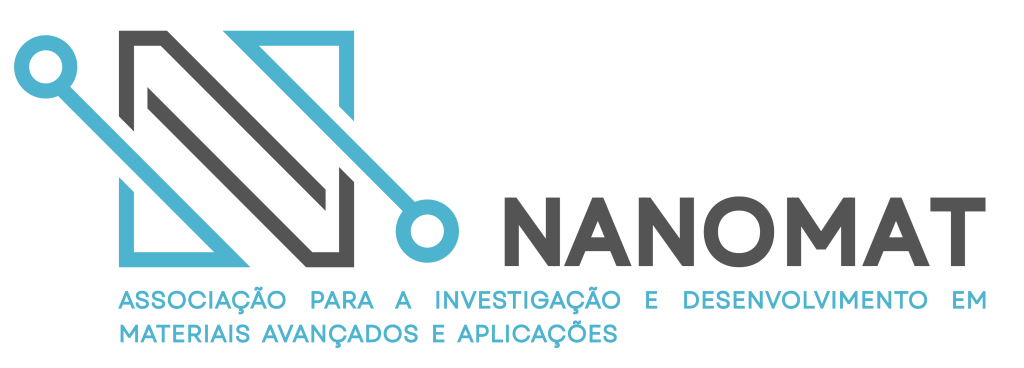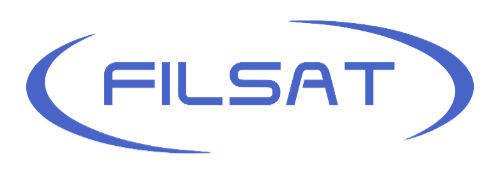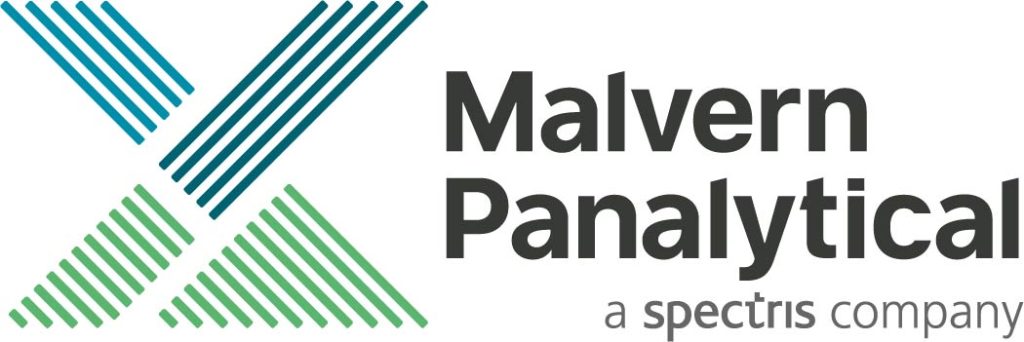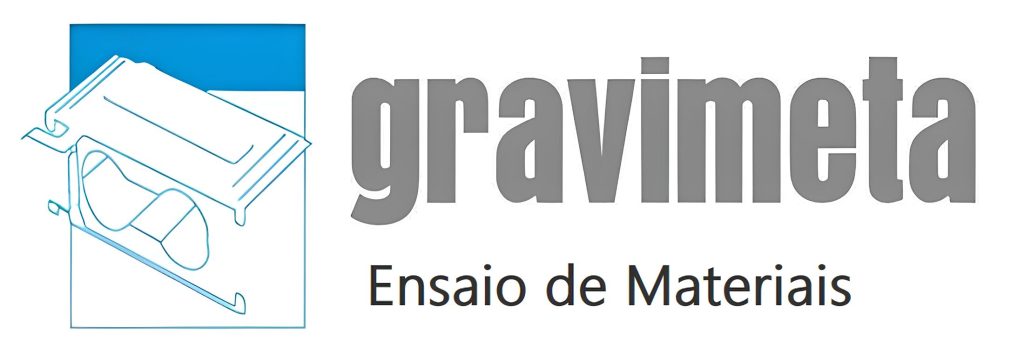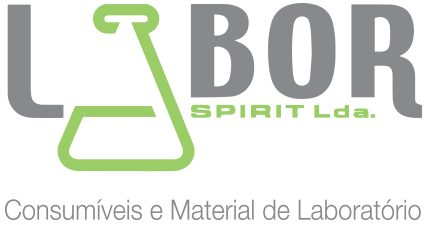PhD School: “Natural Materials for Advanced Applications
Natural materials play a crucial role by offering sustainable, biodegradable, and high-performance alternatives to synthetic materials, or even inspiring new advanced materials, leveraging emerging technologies and applications across various fields, including electronics and energy.
The PhD School on “Natural Materials for Advanced Applications” brings together invited speakers who will share insights into different technologies, including sustainable lignocellulosic aerogels, bio-inspired structures, biomass-derived functional polymer composites, with a focus on lignocellulosic materials and their potential for advanced applications for a more sustainable future.
Location
IST – Instituto Superior Técnico (Torre Sul, piso 1, Anfiteatro QA1.1)
Organizers
Diana Gaspar (AlmaScience Colab – diana.gaspar@almascience.pt)
Luís Pereira (NOVA-FCT, AlmaScience – lmnp@fct.unl.pt)
Invited Speakers:
- Prof Maria Helena Godinho (NOVA-FCT, Portugal)
- Prof Federico Bella (POLITO, Italy)
- Prof Yuanyuan Li (KTH, Sweden)
- Dr Gilberto Siqueira (EMPA, Switzerland)
Event organized in the frame of the project CELLECTIVE (PTDC/CTM-CTM/4653/2021) and project SMART-E (2022.04012.PTDC), funded by FCT – Portuguese Science and Technology Foundation.
Program
14:25
Welcome and open of the session
14:30
Professor Yuanyuan Li (KTH Royal Institute of Technology, Sweden) – New insights into sustainable lignocellulosic aerogels
15:10
Professor Maria Helena Godinho (NOVA School of Science and Technology, Portugal) – Twisted cellulose-based structures
15:50
Dr. Gilberto Siqueira (Empa, Switzerland) – From biomass to functional polymer composites– the role of nanocellulose
16:30 – 16:50
Coffee break
16:50
Professor Federico Bella (Politecnico di Torino, Italy) – Materials and processes for sustainable batteries
17:30
Professor Benjamin Butz (University of Siegen, Germany) – TBD
18:10
Closing remarks
New insights into sustainable lignocellulosic aerogels
Yuanyuan Li, KTH Royal Institute of Technology, Sweden
With low density and high specific surface area, aerogels are attractive in various applications ranging from aerospace to thermal insulation and energy storage. The mechanical brittleness and sustainability requirements of mainstream SO2 aerogel drive the investigation of biomass-based aerogels.
Lignocellulosic materials are of increasing interest, given the carbon neutrality due to CO2 storage during biosynthesis and superior mechanical property of nanocellulose. Wood is one of the main sources of cellulose. Lignocellulosic aerogels are often obtained through a bottom-up approach, disintegrating wood into nano building blocks (e.g. nanocellulose) followed by reassembling into aerogels. The complex processing and high energy consumption are challenges. Top-down approach is an alternative by directly using wood while the nanostructured wood cell wall is in-situ modified. The step of nano building blocks extraction is eliminated which is beneficial for scalable fabrication.
In this context, wood aerogels, a highly nano porous structure with cellulosic nanofibril network filling the empty wood channels, are fabricated through cell wall partial dissolution and regeneration. The development of wood processing to achieve wood aerogels structures will be explained. The structure understanding of the aerogels will be presented. Relative applications benefit from the structural design will be demonstrated including thermal insulation and hydrovoltaic energy harvesting.
Short Bio
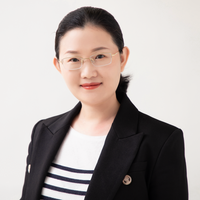
Yuanyuan Li, associate professor, head of Biocomposites division at KTH Royal Institute of Technology, Sweden and a PI in the Wallenberg Wood Science Center (WWSC) and Wallenberg Initiative Materials Science for Sustainability (WISE). She received her PhD degree in 2014 from Nanjing Forestry University. During her doctoral studies, she visited University of Maryland, USA. She moved to KTH as a postdoctoral fellow in 2015. Her group focuses on wood nanoscience and nanotechnologies development and applications, including transparent wood and wood aerogel. She received the EPNOE Junior Scientist Award in 2021, 2023 Gunnar Sundblad Foundation’s Competence Development Award, and 2023 ACS CELL division KINGFA Young Investigator Award.
Twisted cellulose-based structures
Maria Helena Godinho, NOVA Science of School and Technology, Portugal
Cellulose, the main structural component of plants, forms twisted architectures across scales—from molecular to macro. These structures contribute to vibrant coloration, mechanical strength, and movement [1, 2]. This seminar explores twisted forms in cellulose-based systems, focusing on cellulose nanocrystals, their interaction with water, and color generation under non-equilibrium conditions. Examples at the micro and millimetre scales, such as leaf petioles [3] and Erodium fruit awns [1, 2], illustrate diverse helicities and adaptive behaviours. The findings highlight opportunities in out-of-equilibrium systems and the potential of bioinspired materials with unique optical and mechanical functions.
[1] “Cellulose and chitin twisted structures: from nature to applications” Rafaela R. da Rosa, Susete N. Fernandes, Michel Mitov and Maria Helena Godinho, Advanced Functional Materials, 34 (35), 2470201 (2024).
[2] “Cellulose-based Biomimetics and Applications” Ana P. C. Almeida, João P. Canejo, Susete N. Fernandes, Coro Echeverria, Pedro L. Almeida and Maria H. Godinho, Advanced Materials, 30 (19), 1703655 (back cover) (2018).
[3] “Spotting plants’ microfilament morphologies and nanostructures” Ana P Almeida, João Canejo, Urban Mur, Simon Čopar, Pedro L Almeida, Slobodan Žumer, Maria Helena Godinho, Proceedings of the National Academy of Sciences U.S.A., PNAS, 116(27), 13188 (2019).
Short Bio
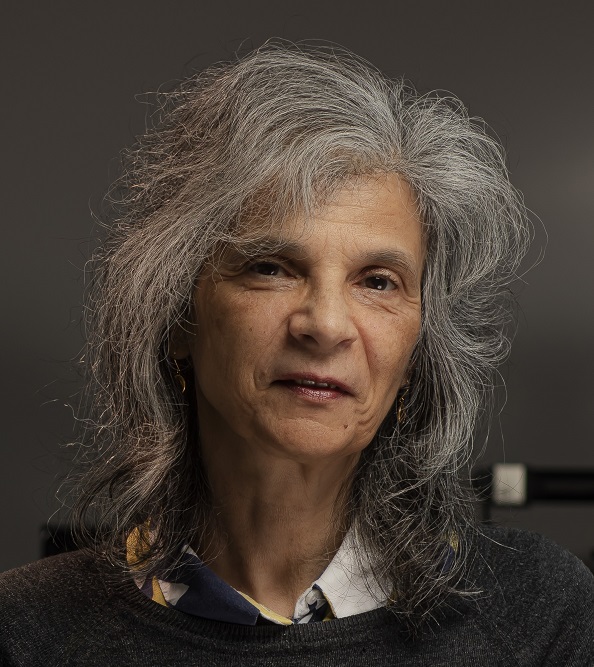
Maria Helena Godinho (Habilitation (DSc. Degree), PhD (Nato/Invotan fellow Laboratoire de Physique de la Matière Condensée at Nice University, France) Materials Science and Graduation, Chemical Engineering) is a full Professor in Materials Science and a Researcher at i3N/CENIMAT (Research Center of Materials Science) (from 2013-2019 Vice Director and Leader Group Soft and Biofunctional Materials) at School of Science and Technology, NOVA University of Lisbon. 2022 chair: 28th International Liquid Crystal Conference, ILCC2022, 640 participants, Lisbon, Portugal and 2011 chair: 6th International Liquid Crystal Elastomer Conference, 120 participants, Lisbon, Portugal. ERC Synergy Grant 2024 (Alcemist).
From biomass to functional polymer composites– the role of nanocellulose
Gilberto Siqueira, EMPA, Switzerland
The Cellulose & Wood Materials laboratory at Empa has over 20 years of experience in producing nanocelluloses (CNC and CNF) from a wide range of biomass sources, including wood, wheat straw, recycled newspaper, algae, bacterial cellulose, and food residues such as carrot, broccoli, apple peel, and brewery spent grains.
These nanocelluloses have been explored for applications in packaging, polymer reinforcement, biomedical scaffolds, and for the preparation of inks used in 3D printing of functional materials, such as sensors.
To enable 3D printing of nanocellulose-based composites, we have developed several strategies that allow the homogeneous dispersion of nanocelluloses into various polymer matrices, including polyhydroxyalkanoates, silicone, sodium alginate, hyaluronic acid, and pluronic, among others.
The ability to homogeneously disperse high concentrations of nanocellulose in these inks enables precise tuning of rheological properties and reinforces the printed structures without the need for additional rheological modifiers.
Among the functional materials developed by our group, we highlight the creation of a 3D printing platform for fabricating fully 3D-printed soft electronic devices, such as shoe insoles, for health monitoring. Additionally, we have encapsulated microalgae (e.g., diatoms and dinoflagellates) to develop engineered living materials for sensing water quality, as well as mechanoluminescent living objects for potential applications in soft robotics.
Short Bio
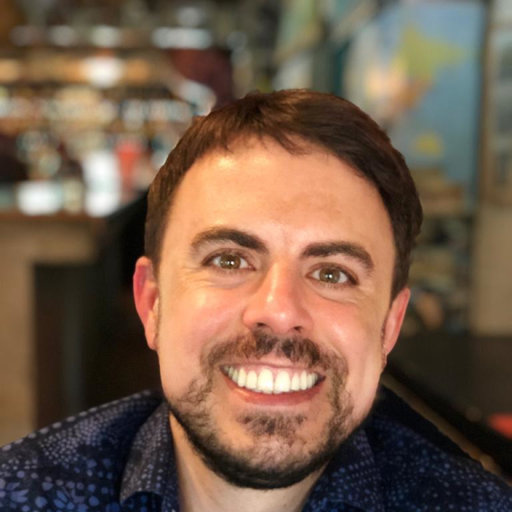
Dr. Gilberto Siqueira holds a PhD in Materials Science from Grenoble Institute of Technology (Grenoble INP-PAGORA), France, where he conducted his doctoral research under the supervision of Prof. Alain Dufresne and Prof. Julien Bras. His work focused on the production of nanocellulose materials and their use as reinforcing phases in polymer composites. In 2010–2011, he was a postdoctoral researcher at Luleå University of Technology, Sweden, in the Wood and Bionanocomposites group led by Prof. Kristiina Oksman. From 2011 to 2013, he worked as a senior scientist in the R&D department of Suzano Pulp and Paper, Brazil, developing scale-up processes for cellulose nanofibers.
Since 2013, Dr. Siqueira has been a senior scientist at Empa, the Swiss Federal Laboratories for Materials Science and Technology (Switzerland). In 2015, he started to collaborate with the Complex Materials Group led by Prof. André Studart at ETHZ, focusing on 3D printing of nanocellulose composites. That same year, he was also a visiting postdoctoral fellow at Harvard Medical School’s (Bioinspired Robotics Platform), working with Prof. Jennifer Lewis at the Wyss Institute for Biologically Inspired Engineering (USA). His research interests include advanced polymer composite materials from renewable resources, including 3D printing, biomass fractionation, chemical functionalization of natural polymers, and processing technologies for nanocellulose-based composites.
Materials and processes for sustainable batteries
Federico Bella, Department of Applied Science and Technology, Politecnico di Torino, Corso Duca degli Abruzzi 24, 10129 – Torino, Italy
Federico Bella is Full Professor of Chemistry at Politecnico di Torino (Italy). His main scientific activity covers post-lithium batteries and electrochemical ammonia production, through sustainable chemistry-oriented and multivariate approaches. He has published more than 130 papers and counts a h-index of 75. He has received awards from the most important worldwide scientific associations, such as the International Society of Electrochemistry (2023 Tajima Prize), the Royal Society of Chemistry (2021 Horizon Prize), the Accademia Nazionale dei Lincei (2019 Piontelli International Award), etc. He is coordinating an ERC Starting Grant project (SuN 2 rise), with an overall fund of 1.5 M-eur, and has recently launched the first Italian research laboratory on potassium-based batteries.
Lithium-ion batteries (LIBs) are a key enabling technology for the electrification of transport and the transition to renewable energy systems. However, their large-scale production and end-of-life management raise significant environmental and social concerns. This lecture explores strategies to enhance the sustainability of LIBs across their life cycle, from raw material selection to recycling and second life.
We will begin by examining the environmental impact of critical materials such as cobalt, nickel, and lithium, and the need to develop alternative chemistries and components with lower environmental footprints. Particular attention will be given to the use of bio-based and biodegradable polymers, such as lignin and cellulose derivatives, for electrodes, binders, and separators—highlighting recent advances and their integration into scalable battery designs.
The session will also cover sustainable process innovations within gigafactories, including solvent-free electrode manufacturing, water-based formulations, and energy-efficient drying techniques. Finally, we will address circular economy approaches such as direct recycling, materials recovery, and repurposing of end-of-life cells in second-life applications.
Through case studies and recent research findings, participants will gain a comprehensive understanding of how materials science, green chemistry, and process engineering converge to enable next-generation sustainable energy storage solutions.
Short Bio
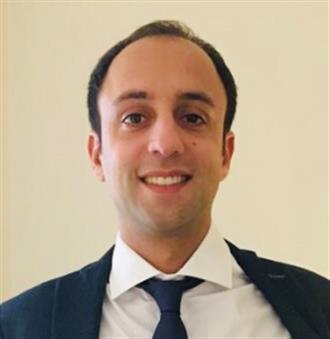
Federico Bella is Full Professor of Chemistry at Politecnico di Torino (Italy). His main scientific activity covers post-lithium batteries and electrochemical ammonia production, through sustainable chemistry-oriented and multivariate approaches. He has published more than 130 papers and counts a h-index of 75. He has received awards from the most important worldwide scientific associations, such as the International Society of Electrochemistry (2023 Tajima Prize), the Royal Society of Chemistry (2021 Horizon Prize), the Accademia Nazionale dei Lincei (2019 Piontelli International Award), etc. He is coordinating an ERC Starting Grant project (SuN 2 rise), with an overall fund of 1.5 M-eur, and has recently launched the first Italian research laboratory on potassium-based batteries.

